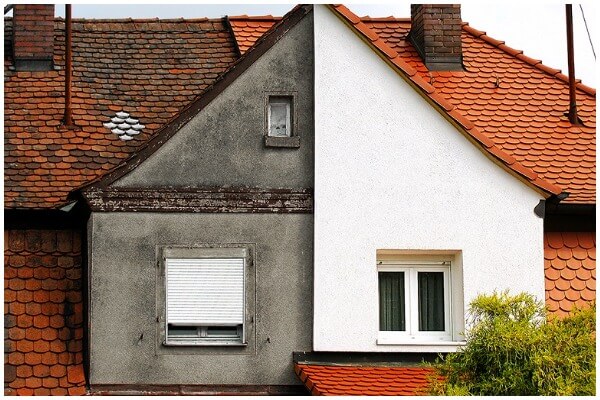Whether you’re updating your kitchen, adding another bedroom, or creating a home office, planning a major home renovation project can be an exciting but overwhelming experience.
With so much to consider and prepare for, it’s crucial to ensure you have a solid plan in place before starting.
In this article, we’ll share six tips to help you prepare for a major home renovation, so you can avoid costly mistakes, delays, and stress. From renting a dumpster rental Chicago to finding the right contractor for the job, we’ll cover everything you need to know to ensure your renovation project is a success.
So, read on to learn how you can make your renovation project go smoothly and make your dream home a reality.

1. Rent a Dumpster Rental Chicago
As the contractor gets to work, they are going to generate a lot of debris that will create a mess and interfere with the progress. To keep your worksite clean and safe, it’s important to have a plan for disposing of this waste. One of the best ways to do this is to invest in a dumpster rental Chicago.
A dumpster rental provides a convenient and affordable way to dispose of construction debris, old appliances, and other waste generated during your renovation project.
When renting a dumpster, it’s important to choose the right size for your needs. A dumpster that is too small will require multiple trips to dispose of all waste, while a dumpster that is too large will be more expensive than necessary.
2. Assess Your Renovation Goals
Before you begin any home renovation project, it’s important to consider what you’re trying to achieve.
Ask yourself why you want to renovate your home and what you hope to achieve. Are you looking to improve your living conditions, add value to your property, or simply update the style of your home? Do you need more space, or are you looking to make your home more energy-efficient?
Also Read: 7 Things Nobody Told You About Renovating Your Bathroom
3. Create a Realistic Budget
One of the most critical aspects of any home renovation project is budgeting. Without a clear budget, you risk overspending, which can lead to delays and stress.
The first step in creating a budget is to determine how much money you can afford to spend on your renovation project. Next, create a detailed budget that includes all the costs associated with your renovation project. This should include the cost of materials, labor, permits, and any additional expenses, such as renting equipment or storage space.
When preparing a renovation budget, don’t forget to factor in heavy equipment maintenance, along with other expenses. Keep a close eye on your spending to ensure the project remains financially manageable while properly maintaining the equipment.
Once you’ve created your budget, stick to it as closely as possible. Avoid making changes or additions that can increase your costs, and be prepared to make trade-offs to stay within your budget. Remember to include a contingency fund in case unexpected expenses arise during the renovation process.
4. Design and Planning
This stage is, perhaps, the most fun one so far. It’s where you get to choose colors, materials, and fixtures to create the look and feel you want for your home.
Make sure you understand the design and layout of each room, the materials and finishes that will be used, and the timeline for each phase of the project.
It’s also essential to consider the practical aspects of your renovation project. For example, if you’re renovating your kitchen, make sure you have a temporary cooking area set up, and plan for the delivery and installation of appliances.
5. Find the Right Contractor
Once you’ve finished your planning and designing, you need to settle on a contractor to implement your ideas on a predetermined timeline.
Therefore, the contractor you hire is crucial to the success of your renovation project. A good contractor can and ensure that your renovation project is completed to your satisfaction.
Here are a few tips to help you find the right contractor:
- Ask for referrals from friends, family, or neighbors who have recently completed a renovation project.
- Research contractors online and read reviews from previous clients.
- Check the contractor’s licensing and insurance before hiring them.
- Ask for a few quotes to make comparisons but keep in mind that the most expensive cheapest contractor may not always be the best option. Settle on the one that provides the best value at the most affordable price.
6. Get the Required Permits
Before you can start your renovation project, you need to obtain the necessary permits from your local government. These permits ensure that your renovation meets all safety and building codes and regulations. Failure to obtain permits can result in fines, delays, and even legal action.
Many renovation projects require permits, such as electrical or plumbing permits, and even dumpster rentals. However, your contractor should be familiar with the local regulations and can help you obtain any necessary permits.
In Conclusion
A home renovation is a chance to improve your living conditions and even add value to your property, but it can also be a significant investment in terms of time, money, and energy.
However, with the right preparation, you can ensure that your renovation project is a success. Whether you’re a seasoned renovator or a first-time homeowner, following these tips can help you achieve the results you desire and enjoy your newly renovated home for years to come.